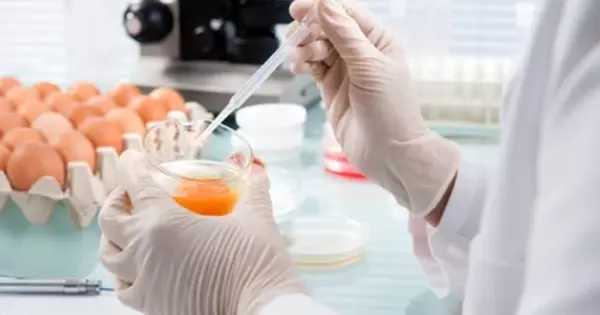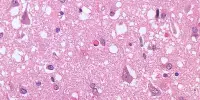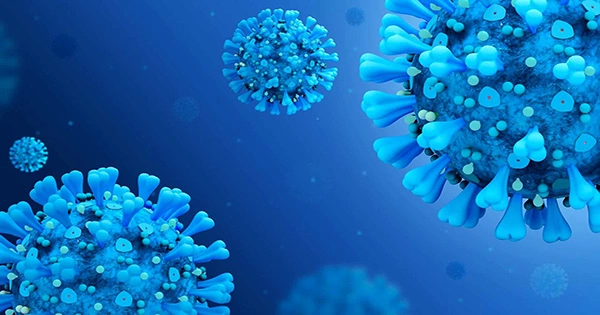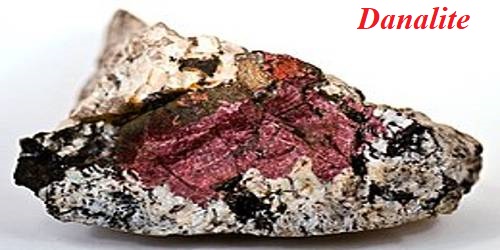According to a study, antibodies extracted from hen eggs could be used to treat COVID-19 patients or as a preventive measure for people exposed to the viral disease. Antibodies to the SARS-CoV-2 spike protein have been produced in hen eggs by researchers at the University of California, Davis in the United States. The virus uses spike protein to enter and infect human cells.
Antibodies to the SARS-CoV-2 spike protein have been produced in hen eggs by researchers at the University of California, Davis. Antibodies derived from eggs could be used to treat COVID-19 or as a preventative measure for people who have been exposed to the virus. The findings were published in the journal Viruses.
“The beauty of the system is that you can produce a lot of antibodies in birds,” said Rodrigo Gallardo, professor in poultry medicine, Department of Population Health and Reproduction at the UC Davis School of Veterinary Medicine. “In addition to a low cost to produce these antibodies in hens, they can be updated very fast by using updated antigens to hyperimmunize hens, allowing protection against current variant strains.”
The beauty of the system is that you can produce a lot of antibodies in birds. In addition to a low cost to produce these antibodies in hens, they can be updated very fast by using updated antigens to hyperimmunize hens, allowing protection against current variant strains.
Prof. Rodrigo Gallardo
Birds produce IgY antibodies, which are similar to IgG antibodies found in humans and other mammals. When injected into humans, IgY does not cause allergy or immune reactions. IgY is found in both the serum and the eggs of birds. Gallardo explained that because a hen lays about 300 eggs per year, she can produce a lot of IgY.
Gallardo and colleagues administered two doses of three different vaccines based on the SARS-CoV-2 spike protein or receptor binding domain to hens. Three and six weeks after the last immunization, they measured antibodies in hen blood samples and egg yolks.
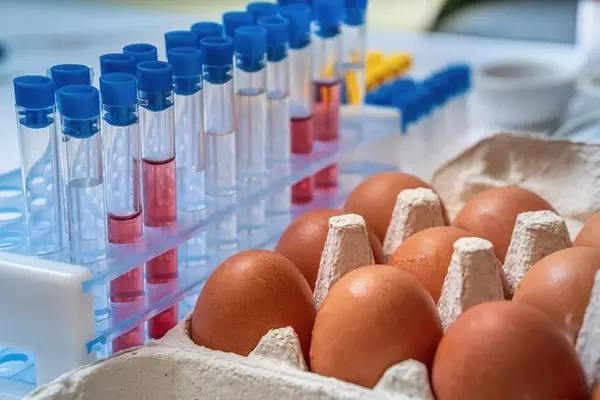
Purified antibodies were tested for their ability to prevent coronavirus from infecting human cells at George Mason University’s National Center for Biodefense and Infectious Diseases in Virginia. SARS-CoV-2 antibodies were found in both eggs and sera from immunized hens. Serum antibodies were more effective at neutralizing the virus, probably because there is more antibody in blood overall, according to Gallardo.
Gallardo is developing the egg-based antibody technology with colleagues Daria Mochly-Rosen of Stanford University and Michael Wallach of the University of Technology, Sydney. The researchers hope to use these antibodies in a preventative treatment, such as a spray, that people at high risk of coronavirus exposure can use.
The researchers hope to develop an antibody spray that will be administered to people who are at high risk of contracting the virus. Since the outbreak of the pandemic, scientists around the world have been working around the clock to devise methods of protecting the body from the silent killer, if not completely eradicating coronavirus.
According to scientists, vaccines in clinical trials fall into four categories: whole virus, protein subunit, viral vector, and nucleic acid (rna and dna). Some attempt to sneak the antigen into the body, while others use the body’s own cells to produce the viral antigen. Previously, scientists discovered that antibody-like proteins are also present in the immune system of sharks. They are currently working to see how they can use them to combat coronavirus.
Additional authors on the paper are Emily Aston, UC Davis Department of Animal Science; Aarthi Narayanan, National Center for Biodefense and Infectious Diseases; and Sofia Egaña-Labrin, UC Davis School of Veterinary Medicine. The work was supported by the School of Veterinary Medicine at UC Davis, Stanford University and poultry producers in the state of California.
